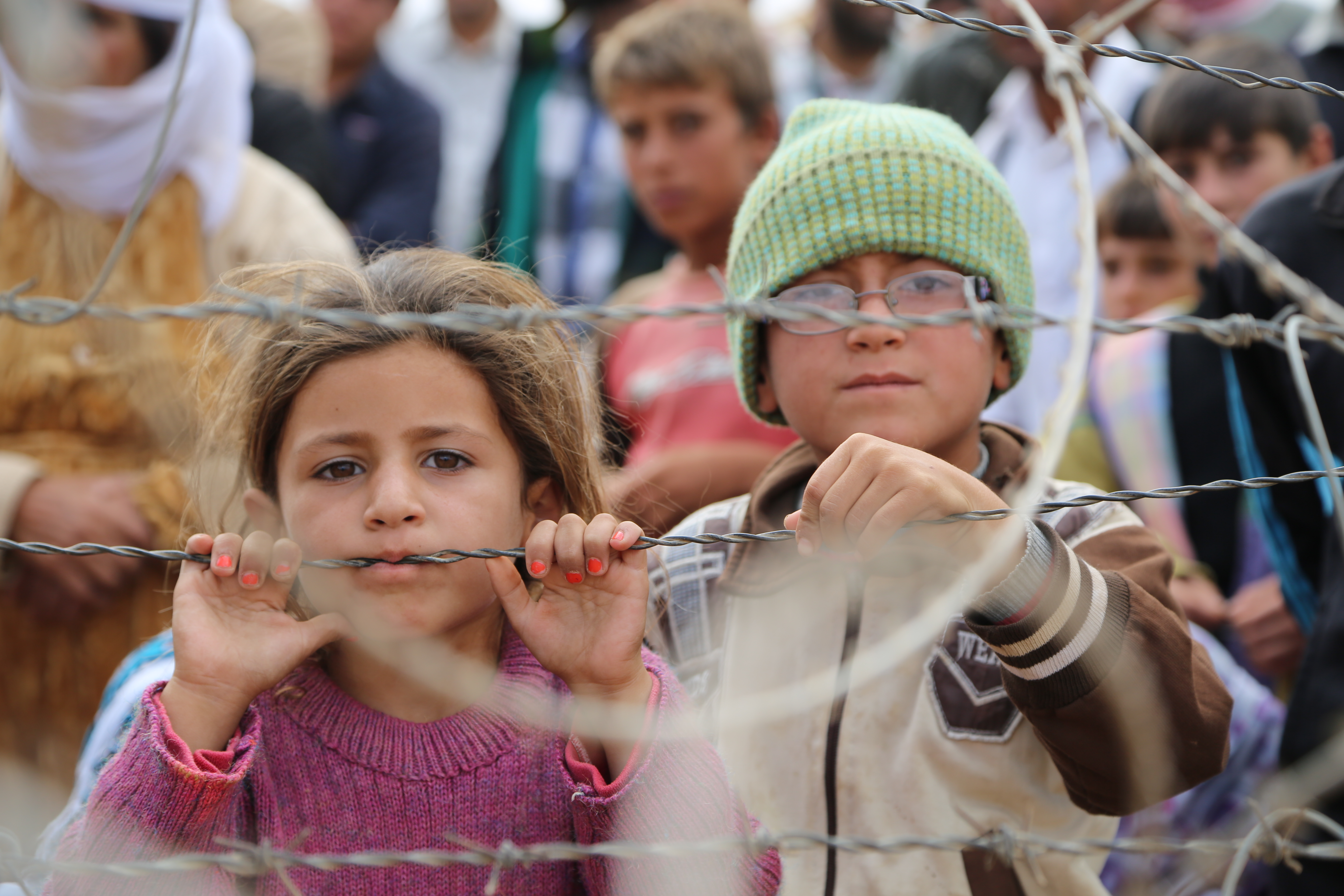 New media: helping or hindering, fostering accountability or producing vulnerabilities, advancing journalism or simply complicating it?
New media: helping or hindering, fostering accountability or producing vulnerabilities, advancing journalism or simply complicating it?
That’s at the heart of Nik Gowing’s new report for the Reuter’s Institute at Oxford. An extensive study of the interplay between journalism and foreign affairs, ‘Skyful of Lies’and Black Swans paints today’s highly digitized and interconnected world as one that’s rapidly democratizing power. In extreme moments of crises (referring to Nassim Taleb’s black swan theory), the state can no longer hide realities from the world. This report by Polis Intern Esha Chhabra.
Think of the elections in Iran, the protests in Burma and Tibet, the plight of the Uighurs in western China, and the victims of Abu Ghraib. Nothing is hidden anymore.
Gowing, a widely traveled journalist and now BBC anchor on World News, narrated several instances where mobile phones have captured what news crews couldn’t. The result, he said, is a maddeningly complex new era of heightened accountability and increasing vulnerability. Couple that with the rapid speed at which social media multiplies information. As a result, civil society is beginning to act independent of the state: they gather images, edit them to their liking, and spread them via internet. Thus, people like you and me, without the diplomatic titles, are toying with foreign affairs, crafting an image of the state that’s uncensored and difficult to regulate. In the process, even the most authoritarian regimes are being stripped of their power.
But Gowing also warned that we’re not the only ones tracking media; sometimes the enemy is too. He recalled being in Mumbai during the terrorist attacks and reporting from outside the Taj Hotel (and evading gunfire while doing it!). Later, he said, he found out that members of the militant groups had been watching news channels, keeping themselves apprised of all the activity. With India having 37 all-news channels, all of which were reporting on the incident, the militants had endless footage available to them.
Yet, this is no longer news. Most of us are aware, if not participating, in this new media world.
While Gowing thoroughly described status quo, he didn’t offer insight into the future.
If states can’t control messages, how does this transform diplomacy? If soldiers are producing videos from the battlefields of Afghanistan on their mobiles, does that hamper security? Do states need to form regulations for new media to curb its effects? Does this call for policy prescriptions?
These were the lingering thoughts of several audience members. Yes, we have new media. Yes, we’re in a transformative period of journalism. Yes, we have incredible access to global events.
But what’s the next step?
This report by Esha Chhabra
To dig deeper into Gowing’s study, you can check it out on the Reuter’s Institute website: http://reutersinstitute.politics.ox.ac.uk/publications/skyful-of-lies-black-swans.html



